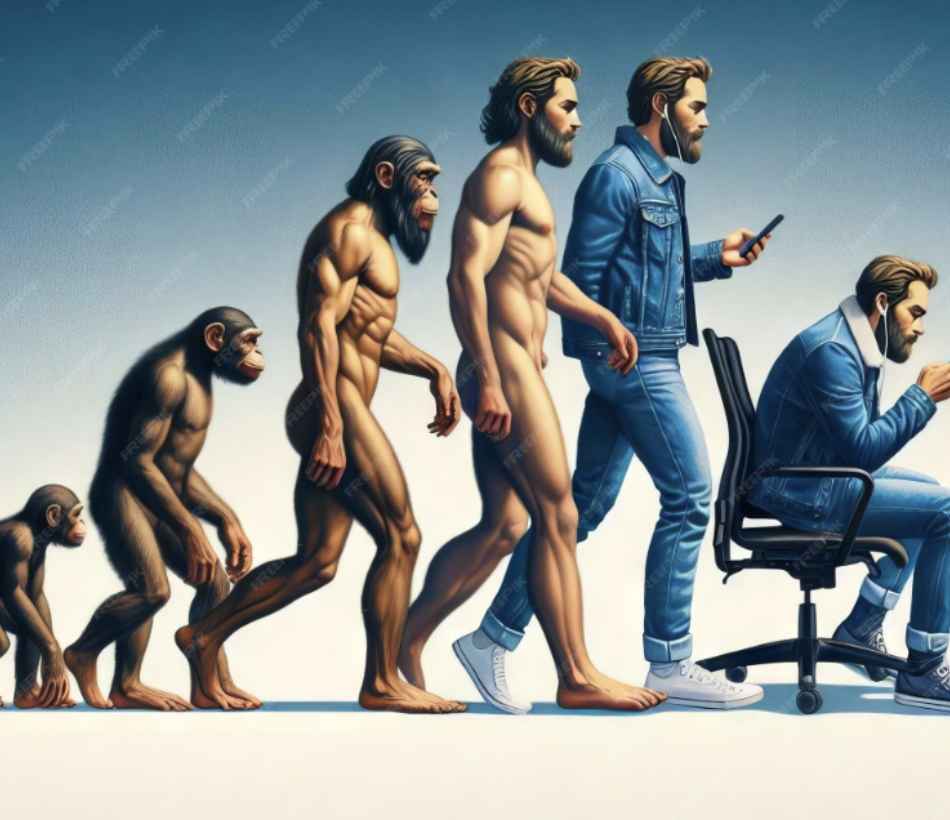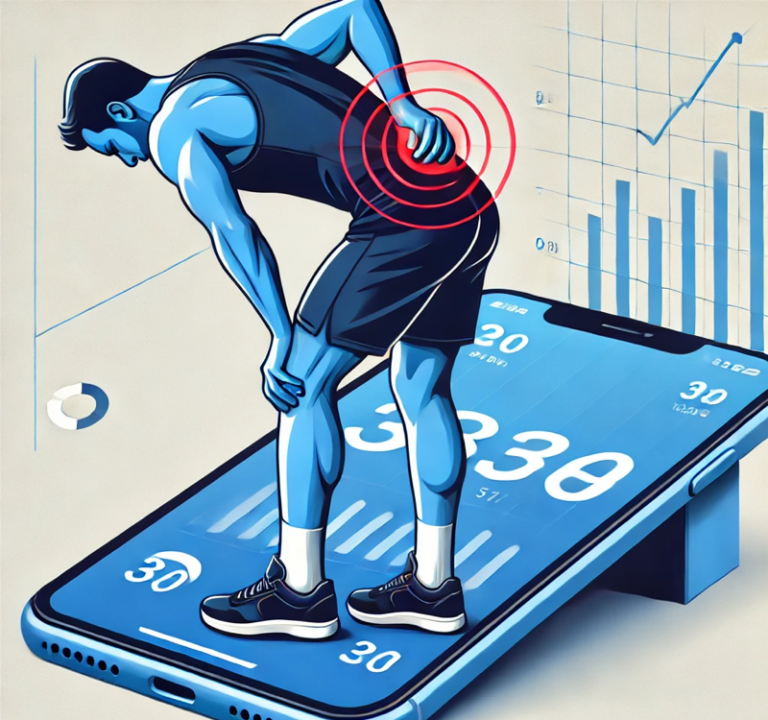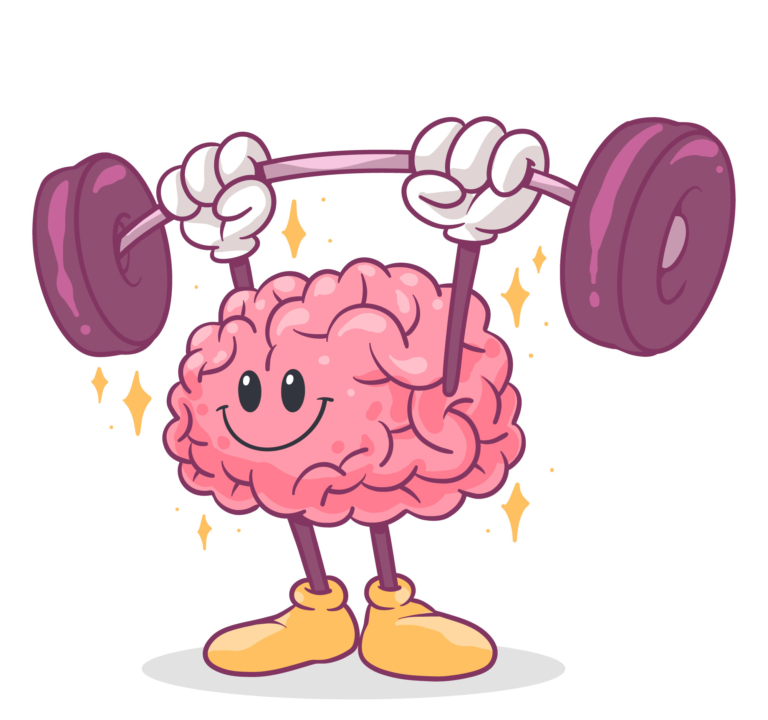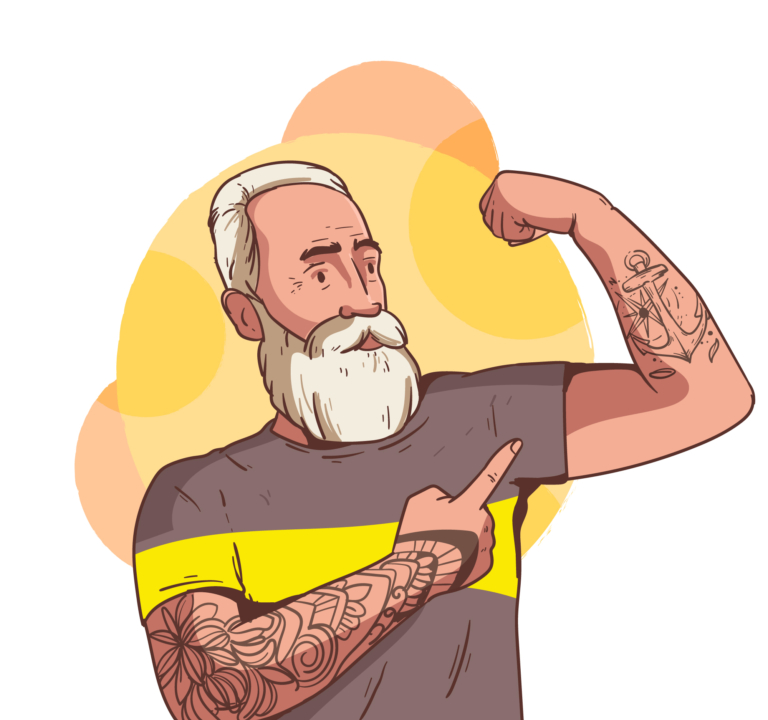The Next Revolution Will Be Physical

But as progress accelerates, we’re starting to wonder if we stand at a crossroads – between evolution or regression.
Perhaps the next leap forward may come from reclaiming movement intelligence.
From Fire to AI
Fire ignited social gathering and allowed for food cooking; rewiring our metabolism and fuelling brain growth.
Tools then sharpened human dexterity, coordination, and stimulated the building brain.
The industrial age brought efficient machines, eventually replacing our physical abilities.
Then came screens, pushing human capabilities past imagined boundaries – but also for the first time, turning progress inward.
The Physical Regression
Once upright and active, we’ve become seated, forward-leaning, scrolling creatures.
Technologies aren’t to blame for every ailment — yet our prolonged exposure to screens of all kinds has reshaped the way we work, move and think – compressing posture, physiology, and cognition.
Tech neck, rounded backs, shortened or inactive hip flexors and glutes are all signs of our atrophied survival systems.
Our quest for convenience had outpaced our ability to adapt and left marks along the way. Musculoskeletal pains affecting nearly all U.S. adults, aching joints, surging rates of obesity and metabolic disorders – symptoms of a species built to move, now desk bound.
Cognition: Outsourcing the Mind
What’s true for fitness also applies to cognition: convenience erodes mental endurance and problem-solving capabilities.
Humans once gathered to bond, tell stories, and solve problems; having no alternatives to IRL events. Then came tech tools, undoubtedly expanding our cognitive capabilities – they also eventually began outsourcing them.
GPS eroded spatial reasoning and navigation memory. Search engines replaced knowledge retention and synthesis. Constant notifications fractured attention span and shortened reward loops.
The very models that guided deep learning algorithms are being surpassed by their creations – but deep thinking is still ours to use or lose.
Vision
The eyes were once our primary survival tool – scanning horizons, detecting motion, tracking prey and threats.
Now, fixed on screens, the visual system is under a different kind of strain, which causes reduced blinking, prolonged near focusing, and fatigue.
Consequences compound :
- Eye strain and dryness
- Eye elongation and Myopia – rates have tripled in 30 years and could soon affect half of the world's population.
- Blurred vision and lazy eye-shaping muscles, much like underused skeletal muscles.
- Droopy eyelids or accelerated age-related lazy upper-eyelids, affecting vision.
Our body language has become digitally compressed. Our movements reduced to swipes, our focus shortened, our gaze narrowed.
Fitness: An Evolutionary Rebellion
Thankfully, booming fitness formats are far cries to reclaim our primal abilities.
- Hybrid Fitness restores horizontal power – pushing, pulling, sprinting, dragging, and the vertical axis – lifting, pressing, stabilizing overhead. Undoes the hunch. Restores metabolic ability to switch between fuel sources. Promotes focus and mindfulness – physical literacy re-industrialized.
- Functional movement activities like Pilates and yoga retrain fine motor control, coordination, promote spinal alignment, synchronize breath and motion – a neuromuscular recalibration soothing an overstimulated generation.
- Taming the outdoors, ultra-endurance events retrain our navigational brain, force athletes to think their body in space, demand constant shifts between near and far-sighted scanning, and risk assessment. A return to ancestral movement diversity.
- Communities – think run clubs, bathhouses, or pickleball leagues – restore collective regulation; syncing physiology and conversation. A modern tribe, held together by the chemical glue of belonging.
Unlike the instant hits of digital life, these practices build longer dopamine loops – rewarding efforts, consistency, and presence.
Not just workouts, they are regression resistance training – a physical and mental antidote to the tech hunch.
The Next Evolution
Evolution is slow, imperfect, but relentless.
Our bodies still carry relics of the past: vestigial tissues that once were survival benefits, yet no longer serve us.
Now, under the glow of screens, a new kind of selection unfolds.
A question lingers: which physical or mental capabilities will our digital lives quietly overwrite?
Will a third eyelid reawaken to filter blue light? Will thumbs stretch for faster texting, vertebrae contort under postural pressure?
The challenge ahead is not to resist technology, but to evolve alongside it – amplifying rather than eroding our humanity, before regression becomes the next stage of evolution.

















